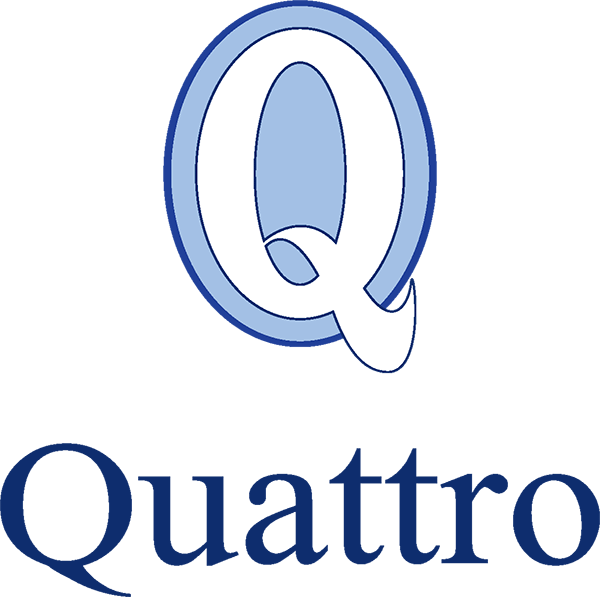
How Quattro Views The World – June 2023 Market Update
July 11, 2023
HOW WE SEE THE WORLD – JULY 2023
August 10, 2023The recent developments regarding the South African NHI have certainly sparked deliberations from various segments within and outside the industry.
Most organisations and individuals support the concept of Universal Health Care (UHC). UHC allows all citizens access to a variety of healthcare services and is not based on the ability to pay for it. As it currently stands, South Africa has a low-quality public healthcare system that is accessible to citizens who have no health insurance or medical aid at no charge. This public system has two thousand primary care clinics with a majority of nurses working there to provide community health services. The second tier includes district hospitals, where patients can receive basic treatments and tests. In terms of infrastructure, tertiary hospitals are larger and contain newer surgical technology. A National Revenue Fund, which compiles contributions made to local and provincial governments, provides the majority of funding for South Africa’s public health system. Local public health organisations have autonomy over the distribution of funding due to the decentralised transfer of funds from the government to local municipalities. On the other hand, the private sector is mainly funded by privately funded Medical Schemes. The image of private healthcare is often one of high-quality services, individualised patient care, and “state-of-the-art” facilities.
The South African Government, therefore, wants to launch National Health Insurance (NHI) to address the lack of access and quality of care. NHI is how the government intends to finance UHC. It aims to guarantee that everyone in South Africa, regardless of socioeconomic level, has access to high-quality healthcare services offered by the public and private sectors. It would likely use a compulsory company and employee contributions to help pay for the system and there would probably be a variety of plans to choose from.
This NHI Bill was adopted on 13 June and will now be sent to the National Council of Provinces (NCOP) for their input. Once done, the NCOP will draft a thorough report summarising their efforts, which will be presented in the National Assembly with an updated Bill.
The content of the Bill and the lack of clarity it gives will likely be challenged in court by several organisations and entities. It is anticipated that this legal conflict won’t be resolved for a few more years. Several Medical Schemes have indicated their opposition to the Bill’s proposal that limits what supplementary services medical schemes can provide to those not covered by the NHI. The industry does not support the NHI Bill since it is unclear how the NHI will be funded and what will happen to medical schemes and health insurance products after it is implemented.
It is, therefore concluded that the public and private healthcare systems won’t shift anytime soon. Given the procedure and stages that must be finished before the Bill is enacted into law, a revision is only anticipated in several years.

